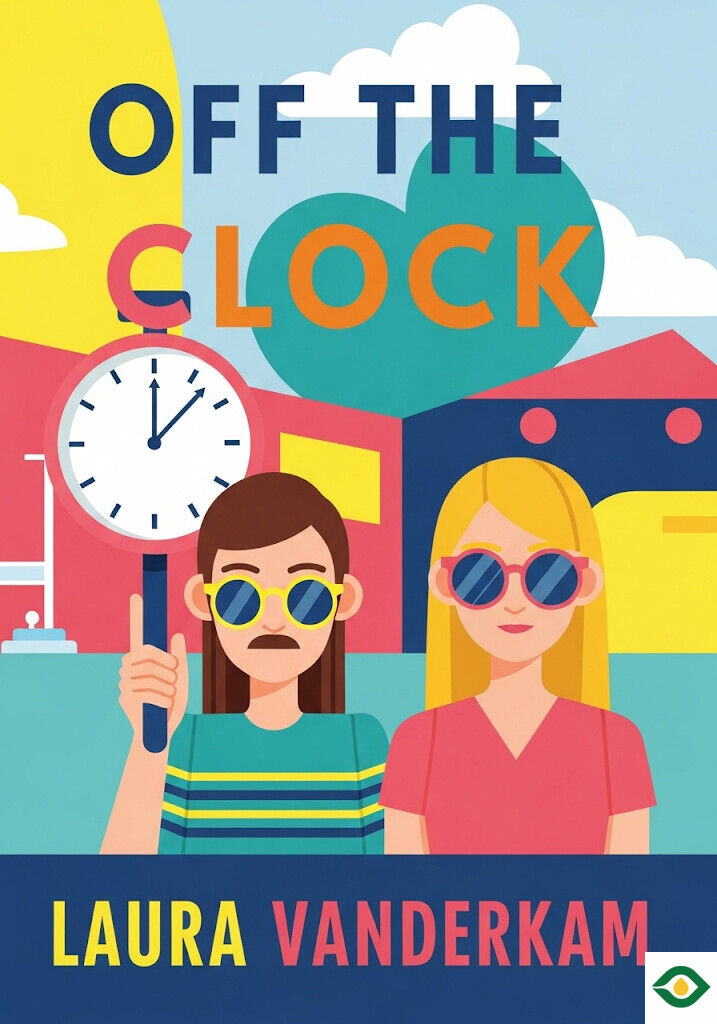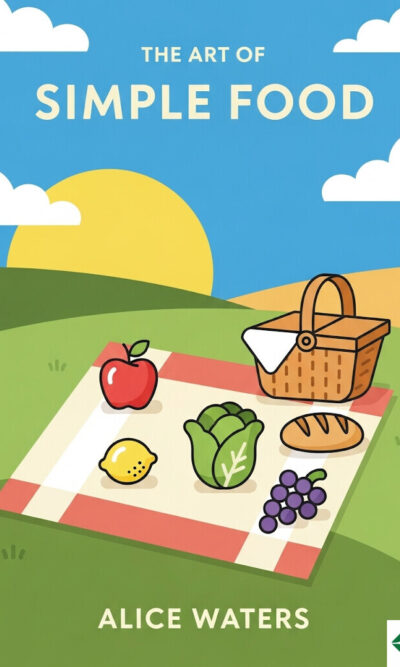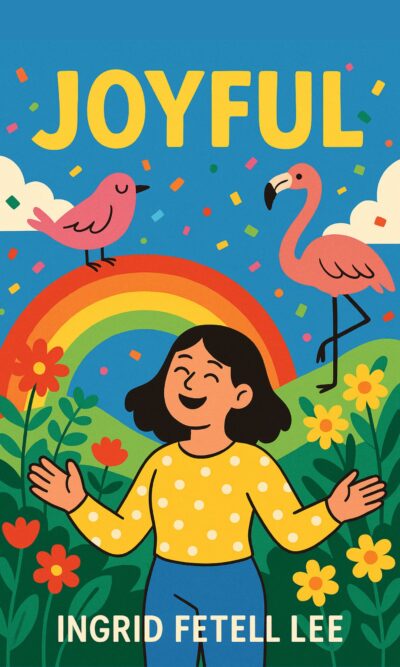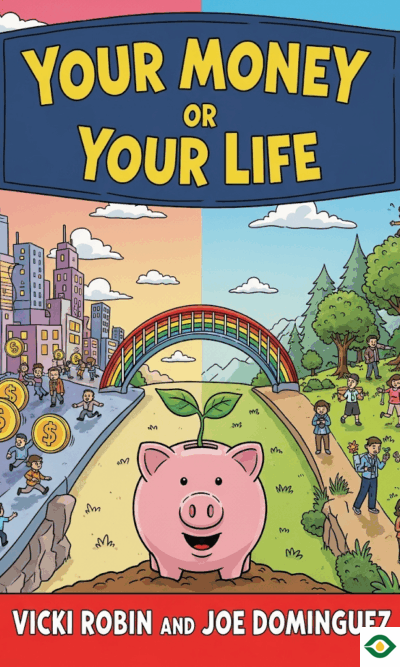Description
Most people live their days feeling constantly busy, always short of time, and weighed down by endless demands. Emails, meetings, phone notifications, house chores, errands, and deadlines make us feel like time slips away before we can truly enjoy it. Yet, surprisingly, some people seem relaxed and even unhurried, despite having lives just as full. What makes the difference? It’s not the number of hours in a day—we all have the same 24—but rather how we perceive and choose to use those hours.
This book explores how to take control of time, not by magically creating more of it, but by learning to experience it differently. When we change how we think about time, it begins to feel more abundant, less stressful, and more meaningful.
One of the most important first steps is to actually discover where our hours go. Most people believe they know, but in reality, they often misjudge. Many of us overestimate the hours we spend working and underestimate the hours lost to distractions, routines, or activities that don’t bring us much satisfaction. By keeping a simple log of daily activities—whether on paper, an app, or a spreadsheet—we can see our patterns clearly. Tracking can be eye-opening: people who think they work 70 or 80 hours often find they are closer to 40 or 50. This doesn’t mean they are lazy, but rather that memory tends to exaggerate the stressful parts of life. With a time log, the truth becomes visible, and once you know the truth, you can decide whether your hours are going to what matters most.
Once you know where your time is going, the next step is to make those hours memorable. Human memory doesn’t store routine experiences very well. A daily commute, repeated hundreds of times, collapses in our memory into a single, vague recollection. That’s why entire years can feel like they vanish. To stretch our sense of time, we need novelty and adventure. Vacations are great, but even small adventures can help—a walk in a new neighborhood, trying a different restaurant, or visiting a museum. Anything that breaks the routine creates memories, and memories are what make life feel full and long.
Busyness often isn’t just about actual tasks; it’s about our insecurities. People fill their calendars with meetings or appointments because an empty schedule can feel uncomfortable. If nothing is booked, we fear we’re not important or not doing enough. But filling every moment doesn’t make us productive; it just makes us frantic. A healthier approach is to protect free space in the calendar and to say “no” more often. Not every meeting is valuable, not every invitation deserves a yes. White space is not wasted—it gives time for deeper thinking, rest, and activities that truly matter.
Another key principle is the value of relationships. Time with loved ones not only creates lasting memories but also changes how we feel about the amount of time we have. People who spend more hours with family and friends report feeling like they have more time overall, compared to people who spend the same number of hours scrolling through social media or watching television. Connections with others also improve long-term health and can even increase lifespan. Friends and family encourage healthier choices, provide support in difficult times, and add joy to everyday living. Investing time in people is one of the most powerful ways to expand life—not just in perception, but also in reality.
Managing expectations is another way to find peace with time. Many people burden themselves with the idea that they should be producing vast amounts of work or achieving constant progress. But these high expectations can make us feel like failures when reality doesn’t match. Lowering expectations doesn’t mean giving up—it means working with what is possible. Even small chunks of time can be productive when used wisely. A 90-minute window can be enough to draft an article, make important edits, or brainstorm ideas. By focusing on what can be done within the time available, instead of longing for uninterrupted stretches, we free ourselves from frustration and accomplish more.
Money also plays a surprising role in how we experience time. Happiness doesn’t come from buying endless possessions; it comes from using money to create experiences. Objects lose their shine quickly, but memories of experiences last for years and can be relived again and again. A new phone may excite for a few days, but a weekend trip, a concert, or even a family picnic can bring joy long after the event is over. Money can also be used to reduce time-wasting or unpleasant activities. If a long commute drains your energy every day, moving closer to work—or arranging for occasional transport options—could be worth the investment. The goal is not simply to save time, but to improve the quality of your daily hours.
Finally, there are small, practical steps anyone can take to feel less rushed. Tracking your time helps you see reality instead of assumptions. Planning small adventures keeps life fresh and memorable. Saying no more often protects your calendar from meaningless obligations. Slowing down and paying attention—whether it’s savoring a cup of coffee or noticing the details of a sunset—makes moments feel longer. And deliberately putting friends and family on the calendar ensures that relationships don’t get lost in the shuffle of busyness.
We can’t add extra hours to a day, but we can make our days feel richer. A week of 168 hours can be filled with stress and repetition, or it can be filled with adventure, connection, and meaning. The choice depends on what we notice, what we value, and what we choose to remember. When we stop chasing the illusion of endless productivity and instead create space for what matters, we stop feeling like time is running away from us. Instead, we begin to live as if we truly have enough.





